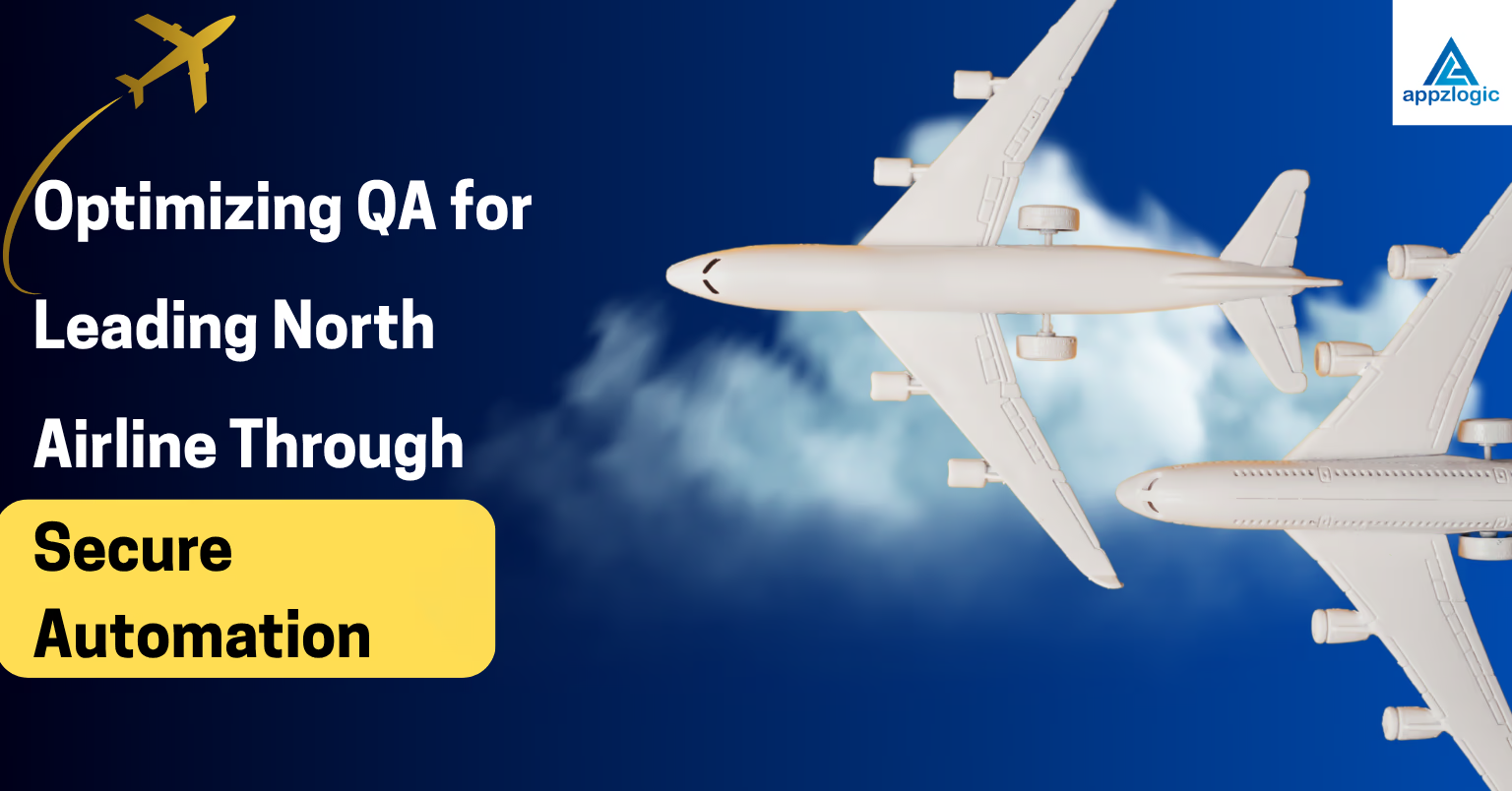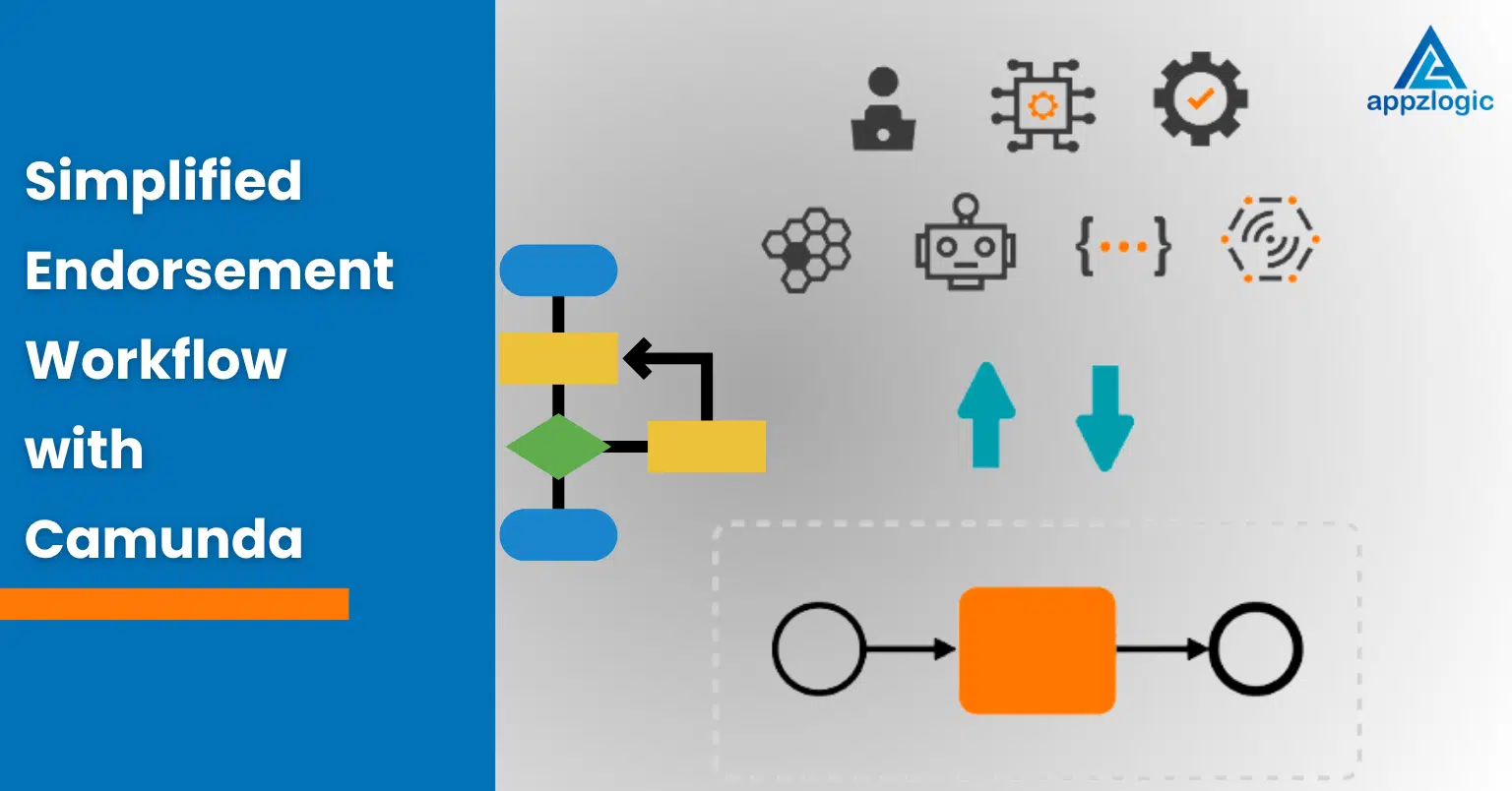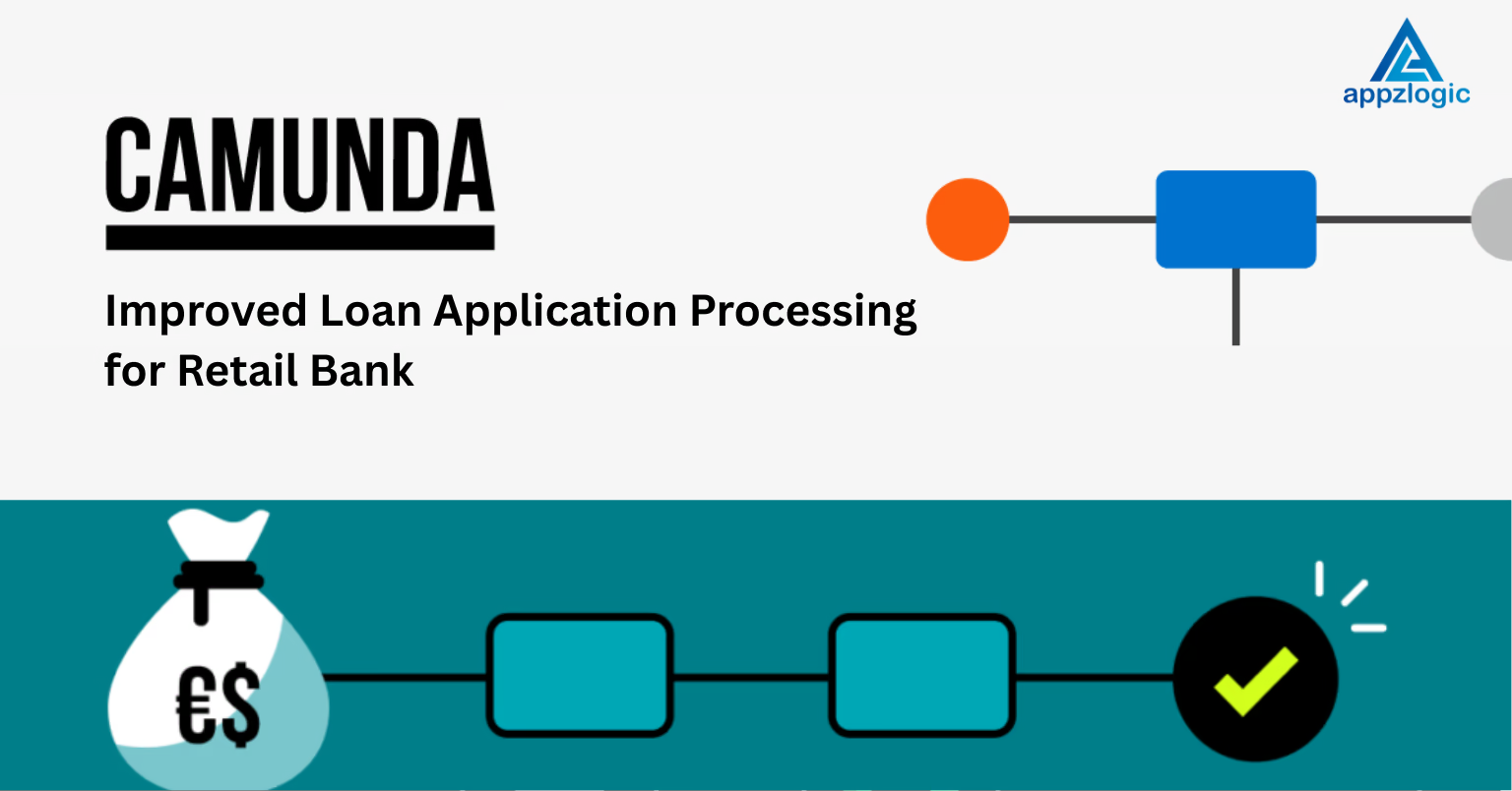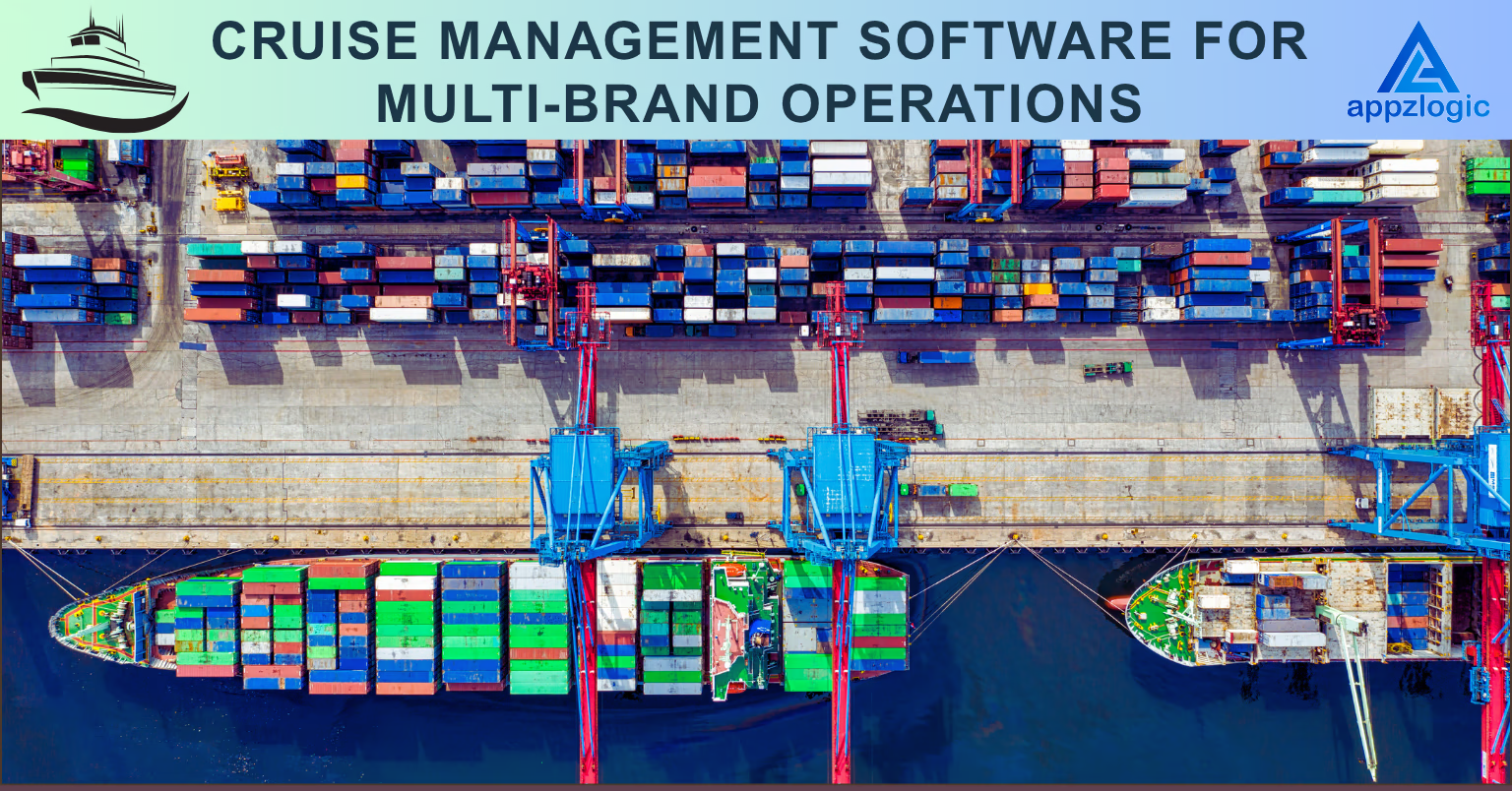Optimizing QA for U.S. Airline Through Automation

Client Overview
Our client is one of the largest and most recognized airlines in North America. Headquartered in Texas, the airline is known for its customer-friendly service and extensive point-to-point route network. It operates a single aircraft type across its entire fleet, simplifying logistics, maintenance, and crew training. As of 2023, it ranks among the top four airlines in North America by passenger volume.
Challenges Our Client was Facing
The client approached us with several critical quality assurance (QA) challenges that were limiting the efficiency, speed, and security of their software testing lifecycle.
-
Large-Scale Data Testing
The airline operates across a vast network, managing enormous volumes of data daily, including booking records, flight schedules, operational logs, and customer profiles. Their existing manual or partially automated testing processes were not scalable, leading to increased testing time, a higher error rate, and delayed releases.
-
Sensitive Data Management
With the responsibility of handling sensitive customer information such as travel details, personal identification, and payment data that the client needed. This is a testing approach that maintains data privacy. Regulatory compliance with laws like GDPR and CCPA was essential. The existing framework lacked capabilities like intelligent data masking and synthetic data generation to securely simulate real-world scenarios.
-
Time-Critical Software Releases
In the aviation industry, speed and reliability are non-negotiable. Any delay in system updates, especially related to check-in, booking, or flight status, could cause operational disruptions and impact the passenger experience. The client needed faster regression cycles, broader test coverage across digital platforms, and real-time visibility into quality metrics to stay ahead in a fast-paced environment.
Our Solution
We introduced a strategic, automation-driven QA framework designed specifically to address the client’s scale, sensitivity, and speed requirements.
Tools and Technologies Used
- AccelQ: For low-code, scalable test automation across web, mobile, and kiosk platforms
- GitHub: For collaborative code management and version control
- SonarQube: For continuous code quality and security analysis
- Responsive Automation Frameworks: For platform-agnostic testing and reusability
Key Initiatives
- Automated critical workflows and regression suites to reduce manual effort by 60-70%
- Implemented synthetic data generation and masking to protect customer data during testing.
- Built secure, isolated environments for test execution that comply with global data privacy standards.
- Enabled test optimization across platforms to ensure consistency in user experience.
- Introduced dashboards and alert systems for real-time reporting and faster decision-making.
Results Achieved
- 60–70% reduction in manual testing effort
- Improved data security through synthetic data and masking techniques.
- Faster test execution cycles, supporting timely releases.
- Broader platform coverage, including web, mobile, and kiosks.
- Improved coordination among globally distributed teams for seamless QA execution.
Conclusion
By modernizing the client’s QA approach with intelligent automation, secure data handling, and real-time performance tracking, we enabled a more agile, compliant, and high-quality testing process. The result was not only improved internal efficiency but also a more reliable and seamless digital experience for millions of passengers.


